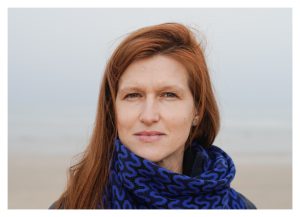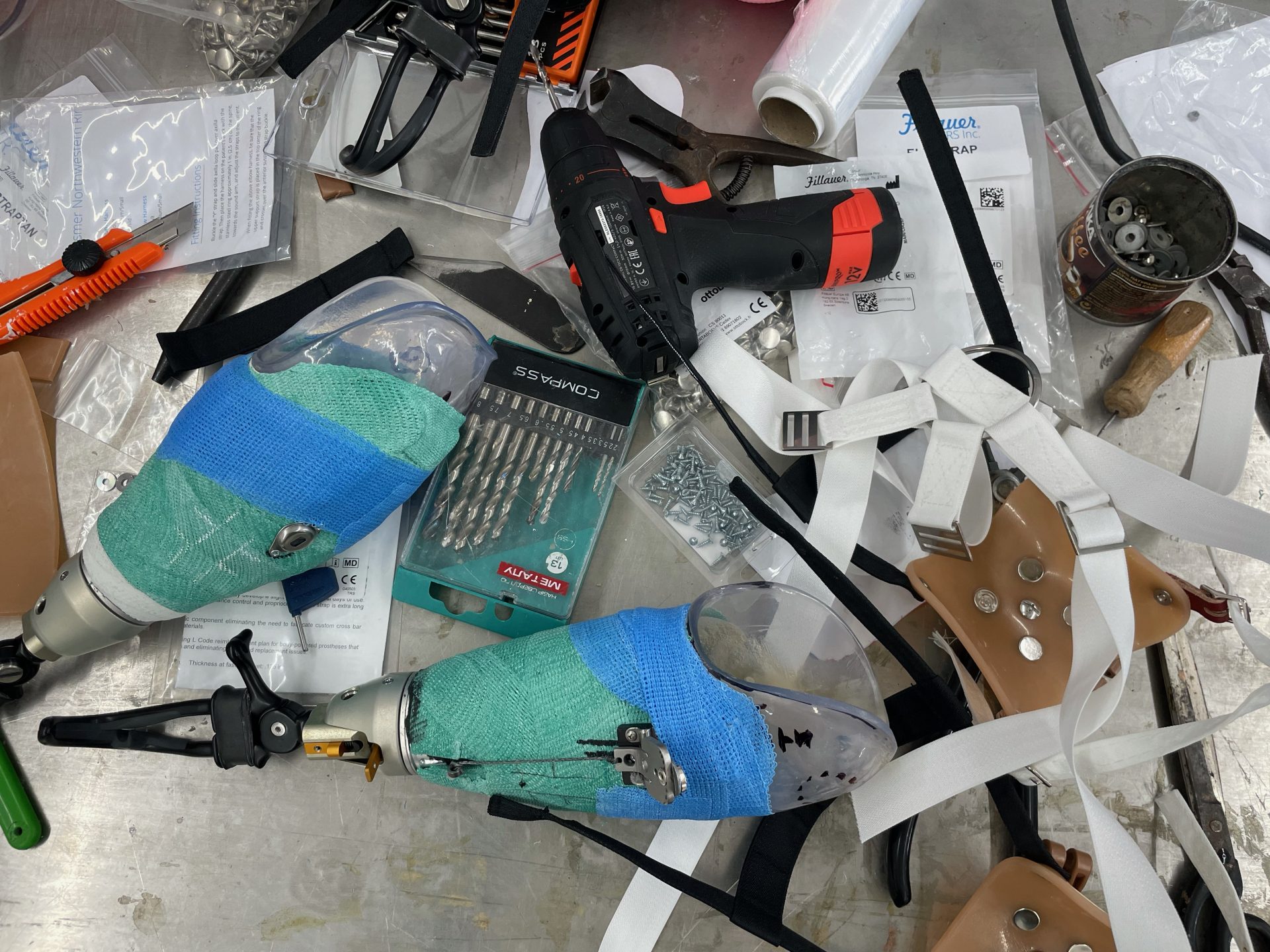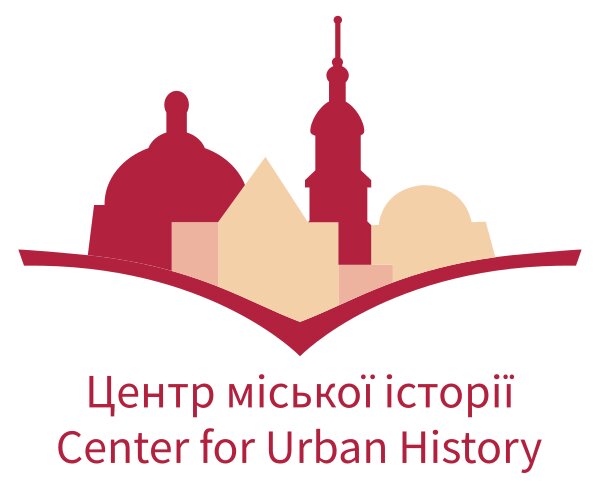Life after Traumatic Limb Amputation in Ukraine: Between Individual Experiences and Reconfiguration of Prosthetic Care Provision
Dr. Ioulia Shukan
EHESS, Paris30.4.2025, 18:30
Conference Room of the Center for Urban History
We invite you to the lecture by Dr. Ioulia Shukan, that will continue our public program "Source as a Choice."
At the intersection of a microanalysis of the biographies of severely wounded servicemen and a macro-level study of the structural reconfigurations in Ukraine since 2022 in the fields of medical care, prosthetics, rehabilitation, and inclusion, this talk will examine the reconstruction of life after traumatic limb amputation. It will focus on individual experiences of medical care, prosthetic fitting, and socio-professional reintegration, as well as choices regarding prosthetic services and body-restorative technologies. Additionally, it will explore the various forms of assistance and solidarity provided by different actors, between the state, local authorities, public and private fitting centers, charities, hospital volunteers, associations specializing in war trauma rehabilitation, and families.
Above all, this lecture will analyze the strategies servicemen, who have experienced traumatic limb amputation, use to navigate three interlocking models of (health)care: the Soviet biomedical model, the neoliberal model, and the citizen-solidarity model. Particular attention will be paid to their agency of these individuals. Despite their situational or permanent vulnerabilities, they mobilize themselves for the common good, act as mediators of experience, critique the dedicated care systems, and contribute to their evolution.
Part of the talk will also address methodological and theoretical challenges, including the ethics of interviewing individuals who have suffered trauma and are undergoing reconstruction, the difficulty of capturing intimate experiences through interviews, the heuristic value of ethnography, and the challenges of transforming medical controversies or issues of duty of care for combatants in wartime into sociological questions.
Language: English with simultaneous translation into Ukrainian

Dr. Ioulia Shukan
EHESSSociologist, professor at the School for Advanced Studies in Social Sciences (EHESS) in Paris. She has recently completed a book project, drawing from her ethnographical research in 2014-2022, on Ukrainian women’s involvement in voluntary caregiving for wounded servicemen at Kharkiv military hospital. She is currently working on a new project that explores the bodily impact of the Russia’s war against Ukraine.
The event is co-orginized by the Center for Urban History and INDEX within the public program "Source as a Choice."
During the meetings, researchers will share their work with various sources on war and mass violence in the twentieth and twenty-first centuries. The choice to create and preserve sources can be one of the tools for embodying this violence or, on the contrary, for opposing it. Our choice to talk about these events through the prism of certain sources creates a field in which the complex past will live on in the present and future.
Credits
Cover Image: photo from a prosthetic workshop in Ivano-Frankivsk, 2024 / Ioulia Shukan


